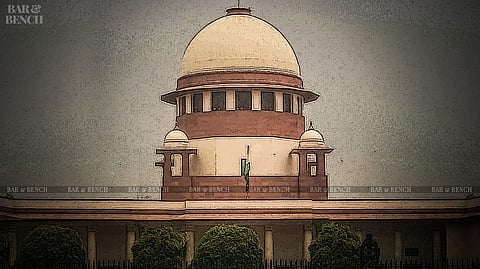
- News
- Columns
- Interviews
- Law Firms
- Apprentice Lawyer
- Legal Jobs
- हिंदी
- ಕನ್ನಡ

A Special Rapporteur of the United Nations filed an intervention application before the Supreme Court last week, seeking to assist the Court in the matter concerning deportation of Rohingyas from India.